

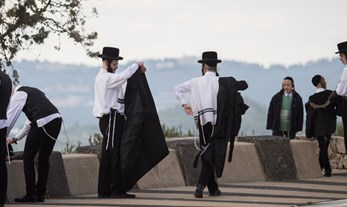
Ultra-Orthodox National Civic Service
Written By: Dr. Asaf Malchi
What is Wrong with the National Civic Service program for the Ultra-Orthodox and How to Reform It?

Legal Ramifications if Israel Decided to Annex the West Bank
Written By: Prof. Yuval Shany
Annexation would result in a continuous state of affairs in which two sets of laws apply to two adjacent populations and would undermine Israel’s democracy

The Liberal-Democratic Camp Will Keep on Losing Elections
Written By: Dr. Shuki Friedman
Change will come only by engaging in an extended struggle over values, and by offering a true Jewish-democratic alternative in which both components are strong and complement one another
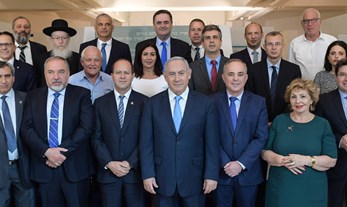
Wanted: A Minister of Transparency
Written By: Adv. Alona Vinograd
Government transparency means responsibility and accountability – core values that should be independent of political agenda

Israeli Voice Index: 82% of Israelis Are Proud of Country’s Achievements
Written By: Prof. Tamar Hermann, Dr. Or Anabi
On the eve of Israel’s 71st Independence Day, 82% of the Israeli public thinks that the national balance of achievements shows more successes than failures and 62% think legal proceedings against Prime Minister Netanyahu should not be stopped, notwithstanding his success in the elections

Israel at 71
Written By: Dr. William Cubbison
On May 9th Israel will celebrate Independence Day, the 71st anniversary of the founding of the State of Israel. What do Israelis think about the state of the country at the age of 71?
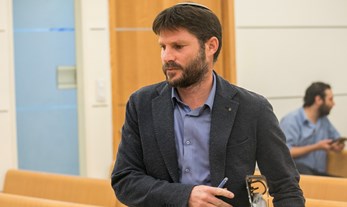
Proposed Immunity Bill – Contempt for the Rule of Law
Written By: Prof. Mordechai Kremnitzer, Dr. Amir Fuchs, Dr. Assaf Shapira
The current proposal conveys a harsh message of contempt for the rule of law and is in sharp contrast to the current trend in democratic countries
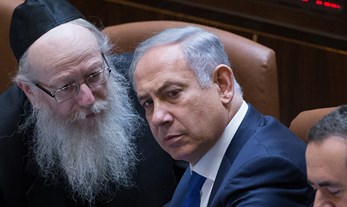
Strengthening the 'Rule of Law' in Coalition Agreements
The Israel Democracy Institute calls on Parties to Demand Strengthening of 'Rule of Law' and 'Separation of Power's in Coalition Agreements.
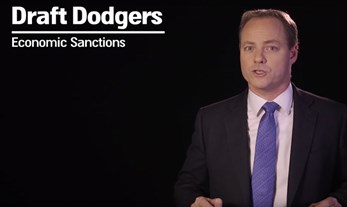
Ultra-Orthodox Recruitment Bill
The proposed draft law perpetuates inequality and is dangerous to Israel’s long term security. If drastic changes are not made to encourage the ultra-Orthodox to serve in the military, it may increase inequality among young people in Israel threaten the IDF as the people's army, in which the burden to serve in the military is shared
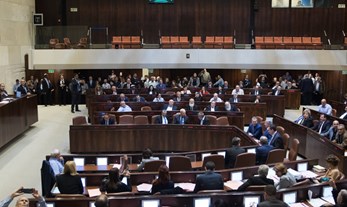
So Few MKs, So Much to Do: The Knesset is Dysfunctional
Written By: Dr. Chen Friedberg
Lawmakers sit on too many committees and propose too many laws. The fix starts with government members quitting the Knesset
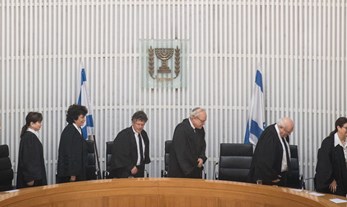
The Return of the Override Clause? A Dangerous and Unnecessary Step
Written By: Prof. Yuval Shany
Laws define the legal rules of our democracy and ensure the stability of the political system while guaranteeing individual rights and general public interest - enactment of the Override Clause would seriously undermine this balance.

The 20th Knesset in Numbers
Written By: Dr. Chen Friedberg, Avital Friedman, Niv Shoval
The current paper presents data on the parliamentary work of the MKs and parties in the outgoing Knesset. All the information is based on data taken from the Knesset archives and the Knesset’s Research and Information Center which are open to the public
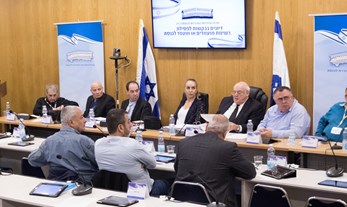
Knesset Central Elections Committee is in Need of Reform
Written By: Dr. Dana Blander
A trustworthy and independent Central Elections Committee is essential for the holding of truly democratic elections – that is why a reform is overdue

Arab Votes for the 21st Knesset
Written By: Dr. Arik Rudnitzky
Arab turnout for the vote was the lowest in a decade – only 49% participated in the elections for the 21st Knesset – Arik Rudnitzky summarizes
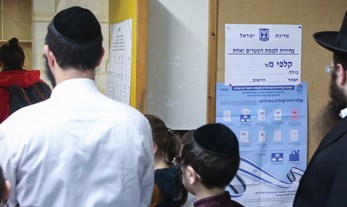
Ultra-Orthodox Streamed to the Polls
Written By: Dr. Gilad Malach
Among the many surprises of last week’s election was the impressive performance by the ultra-Orthodox parties – how can we explain this dizzying success?

Reduce the Number of Ministers
Written By: Prof. Ofer Kenig
As talks begin toward the formation of a new government – it is an opportunity to call on the Prime Minister to keep the number of Ministers low

IDI's International Advisory Council Convenes for Eighth Meeting
IDI's International Advisory Council met on April 12-14, 2019 for its eighth meeting since its inception in 2009. Council members joined a number of distinguished guests for three days of intensive seminars and sessions at the Council on Foreign Relations in New York City.
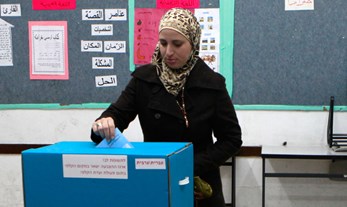
And Now, Over to the Public
Written By: Dr. Arik Rudnitzky
After abysmal Arab voter turnout, it’s time for public action. Arabs in Israel are desperate for a new discourse and leaders who connect with them -- what they don't want is more ideology
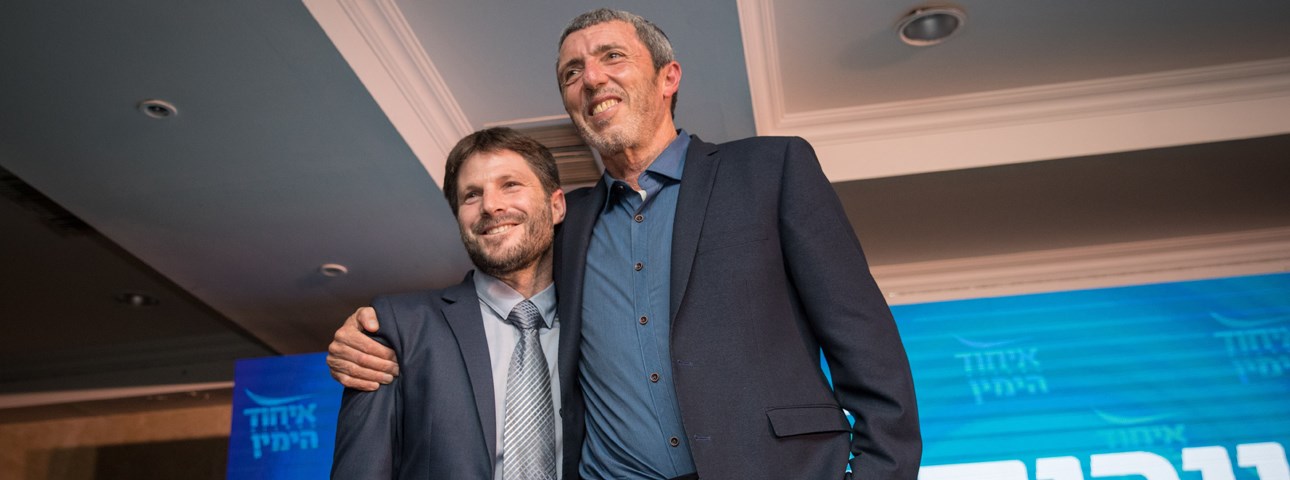
From Isolation to Integration
Written By: Prof. Yedidia Z. Stern
Religious Zionism does not want to isolate itself, but rather to integrate.

Farewell Elections, Hello Government
Written By: Prof. Ofer Kenig
After an exhausting and polarizing election campaign, the people have spoken, and we’re now entering the next stage of the political lifecycle: forming a new government - Dr. Kenig explains what’s next

The 2019 Elections: Initial analysis
Written By: Prof. Ofer Kenig
The 2019 election results mark the return of Israeli politics to two large lists. Voter turnout declined, as the parliamentary fragmentation. The impressing increase in female representation was halted, and the number of ex-generals will be the highest in decades. An initial analysis of the election results.

Celebrating Voter’s Day
Written By: Prof. Yedidia Z. Stern
Voter’s Day, between vicious campaigning and brutal coalition cobbling, lets us appreciate the great equalizer of 'one person, one vote'
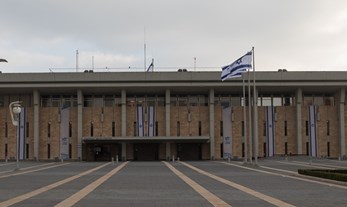
Electoral Reform: Hope for Tomorrow
Written By: Yohanan Plesner
The good news is that according to surveys that we published at the Israel Democracy Institute, there is widespread consensus among Israelis on many of the most significant issues our country faces

Too Much Religion in the Knesset?
Written By: Prof. Yedidia Z. Stern
The best estimate is that the religious and ultra-Orthodox will account for nearly a third (!) of the next Knesset. Should we be concerned that the Knesset is getting more religious?

Israel Should Adopt Open-Primaries System on Election Day
The Israel Democracy Institute, the Kohelet Forum, Israel 2050, The National Union of Israeli Students, and the Israel Leadership Forum have joined together to call for the implementation of a "primaries on Election Day" system in Israel. This approach is often referred to among academics as the "semi-open ballot"

The Democracy Pavilion
The Democracy Pavilion, a unique multi-media experience, in full 360 degree technology, showcasing the values embedded in Israel’s Declaration of Independence, will open to the public on Independence Day.
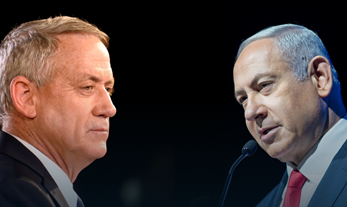
Exclusive Elections Survey – Final Stretch
Written By: Prof. Tamar Hermann, Dr. Or Anabi
66.5% of the Jewish public thinks that Israel is too lenient in dealing with the clashes on the Gaza border. Only 38.5 of the Israeli public believe Prime Minister Netanyahu’s statement that he “didn’t get a shekel from the submarine deal”, 52% of the Israeli public trusts election surveys and 27.5% does not trust the integrity of the Knesset elections
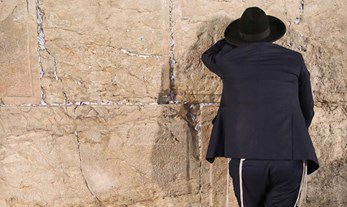
Integrating the Ultra-Orthodox
Written By: Dr. Gilad Malach
The current Knesset undermined policies that promote the integration that is key to ultra-Orthodox well-being; the next Knesset has the capacity to reverse the trend
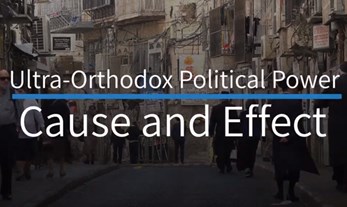
Are Ultra-Orthodox Parties Risking Losing the Allegiance of their Voters?
For many years the ultra-Orthodox were perceived as “captive voters” who would always comply with their rabbis’ instructions to cast their ballot for ultra-Orthodox parties. In today’s new reality such directives are no longer enough
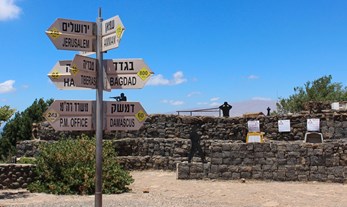
What Do Israelis Think About the Golan Heights?
Written By: Dr. William Cubbison
Due to security concerns - the majority of Israelis, over the past four decades have consistently opposed the idea of returning the Golan Heights to Syrian control. The article presents a historical overview of Israeli public opinion

